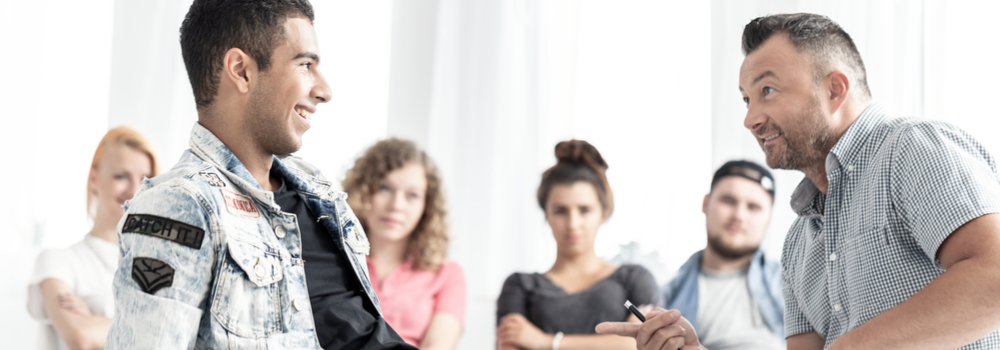Between the opioid epidemic and deaths by suicide due to mental illness, recovery support is topic of a national discussion. Too often, we feel that we are “just” one person, and the world’s problems are too big for one person to make a difference in. A 2015 study titled, “The Impact of Power on Humanity” found that feelings of powerlessness can cause us to self-dehumanize – in other words, we view ourselves as less human and perceive others as viewing us this way, too. In turn, this causes us to hold back from thriving and being ourselves, which is the very opposite of what is needed to help others! Perhaps you’ve been wanting to make a difference in someone’s life by sharing information on how to seek help via social media, or maybe you prefer more hands-on help through direct volunteering at a local organization. If you’ve been feeling down about your ability to help, it’s important to note that your time and effort does make a difference.
According to the 2015 Millennial Impact Report, as highlighted by Forbes Magazine, millennials are 44% more likely to volunteer if their supervisor does, and are 65% more likely to volunteer if their co-workers participate. What does this mean for you? That you could be influencing someone at your work to help spread words of love and support for recovery, without even knowing it! Previous research has shown various levels of power that we can have in influencing others:
Personal Power
- Expert – based on one’s credibility or perceived expertise in the area
- Referent – based on one’s liking or admiration
- Information – based on the knowledge of information one has on the topic
Positional Power
- Legitimate – recognition and acceptance of a person’s authority
- Reward – reinforcement of a desired behavior
- Coercive – threaten or punish an undesirable behavior
Consider these power plays of influence and consider the most appropriate tactic for you. What do you feel you excel in when it comes to influencing others? How can you make this work for recovery? The key to really make a difference in other peoples’ lives is believing in yourself and striving to make a change in the world. Connect with others, get involved, and share your own story as well.
Tree House Recovery is a men’s treatment program in Portland, Oregon, offering men a unique way to recover. Inspired by the great outdoors of the Pacific Northwest and the philosophies of proven recovery techniques, men create sustainable changes in their life, setting up a life without limitations. Call us today for information: (503) 850-2474




